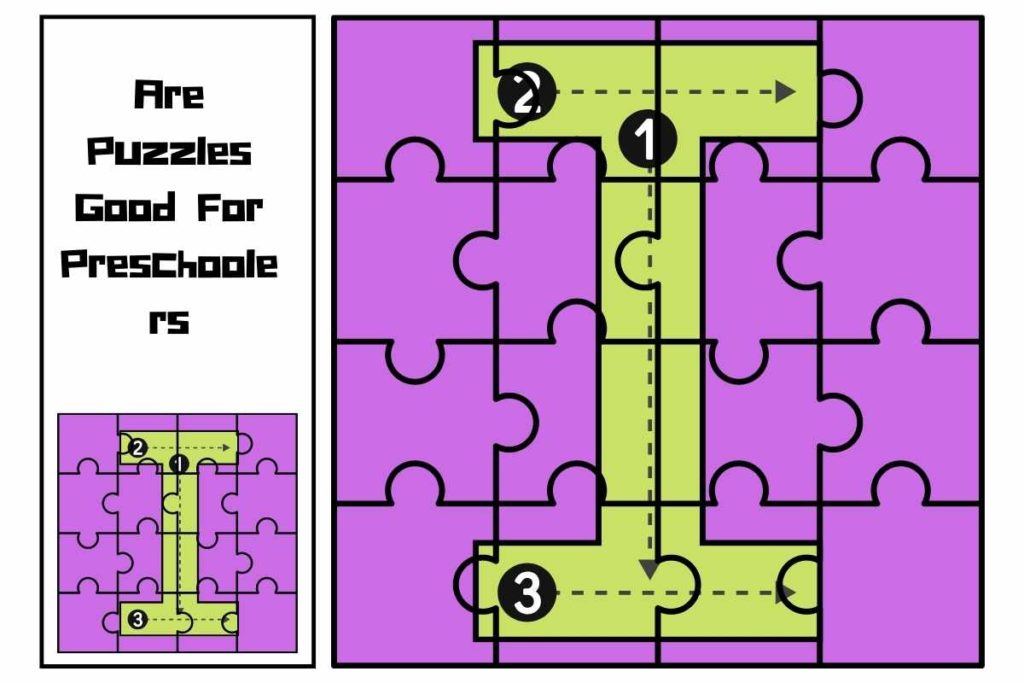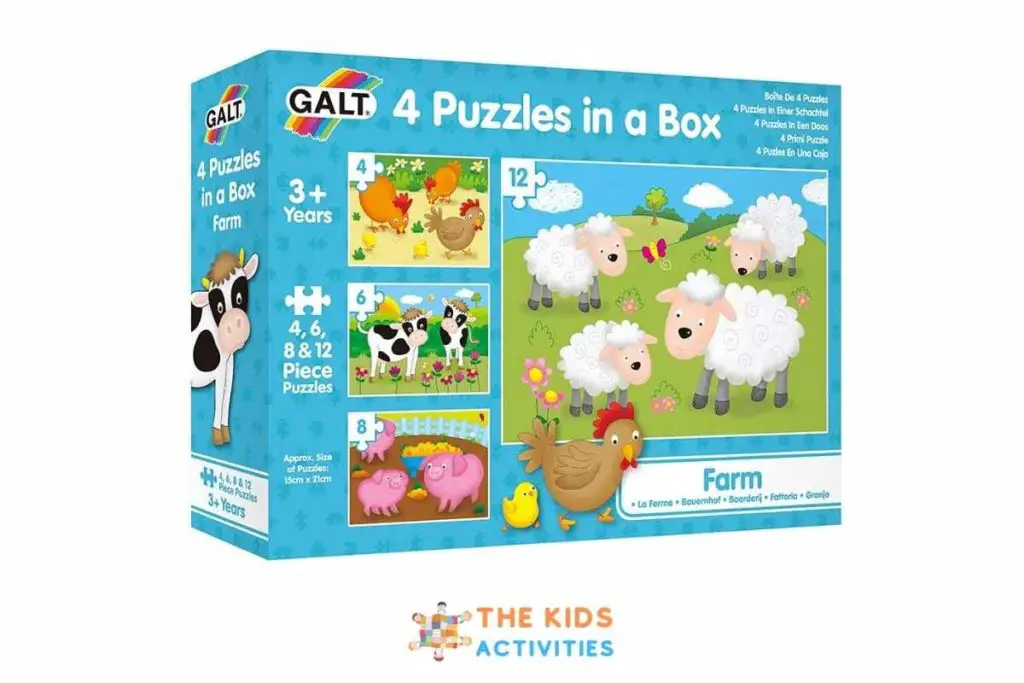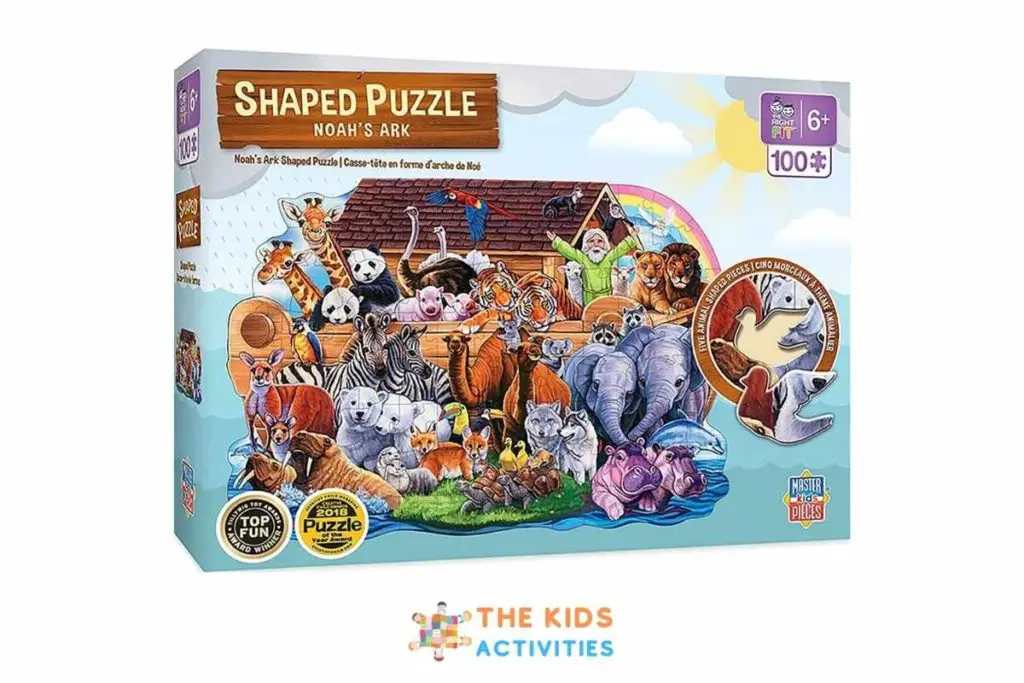Are Puzzles Good For Preschoolers
Puzzles are a great way to introduce a child to letters, numbers, colors, and shapes. They are also a great way to improve a child’s problem-solving and critical thinking skills.
If you have a preschooler in your life, you know that the most important thing to focus on is development. The important thing to remember is that puzzles are not just fun for preschoolers, they can also serve as a great learning tool.
Puzzles are a great way to introduce letters, numbers, colors, and shapes. Not only does this help with cognitive development, but it can also lay the foundation for reading and math skills.
Puzzles introduce a child to letters, numbers, colors, and shapes.
Puzzles are a wonderful tool for teaching letters, numbers, colors, and shapes.
Children learn by playing. Puzzles are a fun way to do that.
Puzzles also help children develop problem-solving skills as they try to fit the pieces together.
Puzzles help a child develop patience.
Puzzles are a great way to teach children the valuable life skill of patience. It’s no secret that many preschoolers don’t have a lot of patience, but puzzles can help them learn it.
Puzzles require waiting for your turn, which is important because all preschoolers need to learn how to be patient and wait for their turn when playing with other kids.
Like any other valuable life skill, learning how to take turns and be patient will help your child in school, at home and even on the playground.
Puzzles boost a child’s self-esteem.
Puzzles are a great way to help your children develop a positive self-image.
It’s important for kids to feel good about themselves, and puzzles can help them feel good about their accomplishments and abilities.
Puzzles are also a fun activity that allows you to spend quality time with your child, which is an essential part of helping them develop self-esteem.
Jigsaw puzzles are great for preschoolers in social settings.
Jigsaw puzzles are great for preschoolers in social settings.
Jigsaw puzzles are fun for groups of people and can be challenging, making them a great way to spend time with family and friends.
Jigsaw puzzles can help develop social skills such as communication and cooperation.
Puzzles help a child learn through play as opposed to drill and repetition.
Puzzles are a great way for children to learn through play. They help to develop eye-hand coordination and fine motor skills. Puzzles also promote concentration and perseverance.
Puzzles are not just for kids. Puzzles can be a fun way to learn, develop problem-solving skills and memory, and even help with language skills. They also help develop creativity in children.
Puzzles offer an opportunity to teach sharing and teamwork.
Puzzles are a great way to teach children how important it is to work together and to help each other. Puzzles offer an opportunity for children to learn about sharing, patience, responsibility, kindness, and honesty.
And in order for this lesson to be effective, you’ll need more than one puzzle piece for each child.
Wooden puzzles are ideal for small hands.
Wooden puzzles are ideal for small hands because they are easy to grip and manipulate. The small pieces are also easy for little fingers to grasp and put together.
- Durable:
Wooden puzzles are durable, so they can be passed down from generation to generation. They’re also easy to clean and don’t stain like cardboard puzzles.
- Safe for small hands:
The wooden pieces are easier for little hands to grasp than cardboard or plastic pieces. Plus, they won’t break as easily if your child drops them (which is bound to happen!).
- Easy storage and transport:
Wooden puzzles store flat, so they take up very little space in your home or car when you’re on the go—and traveling with a puzzle makes keeping kids entertained at restaurants super easy!
Puzzles help to build hand-eye coordination.
Puzzles are great for preschoolers because they help to build hand-eye coordination. Hand-eye coordination is a very important skill to have when you’re learning how to write, sew, and play musical instruments and video games.
The more you practice using your hands while playing with puzzles, the better your hand-eye coordination will become!
By working on puzzles, you are training your brain to better process visual information and to coordinate your hands to manipulate objects. This can help improve your ability to perform everyday tasks, such as opening a door or picking up a phone.
There are no limits when it comes to puzzle options for preschoolers.
Puzzles are a great activity for preschoolers. There are no limits when it comes to puzzle options for preschoolers.
- There is a puzzle for every child
- There are a variety of puzzles available
- Puzzles can be used at different skill levels
- Puzzles can be used by children of different ages and interests, such as the alphabet or animals
- Puzzles can come in different styles, sizes, and difficulty levels
Puzzles can stimulate development in young children.
Puzzles can stimulate development in young children by providing them with a fun and challenging activity.
puzzles can help children develop problem-solving and critical thinking skills, as well as improve their hand-eye coordination and fine motor skills.
- Puzzles can help you teach your preschooler letters, numbers, and colors.
- Puzzles can also build patience in young children.
- Puzzles help boost self-esteem in young kids because they will feel proud of their accomplishments when they finish the puzzle.
- Puzzles are great for social settings since they involve the whole family working together on one project at once!
Conclusion
I’m so glad you found this article! I hope it was helpful in deciding what puzzles to get for your little ones. Puzzles can be a great way for kids to learn and play, but only if they are age-appropriate. It’s important that the puzzle is not too easy or too hard for your child so as not to frustrate them. The best thing you can do is find out what kind of puzzles they like and go from there!


